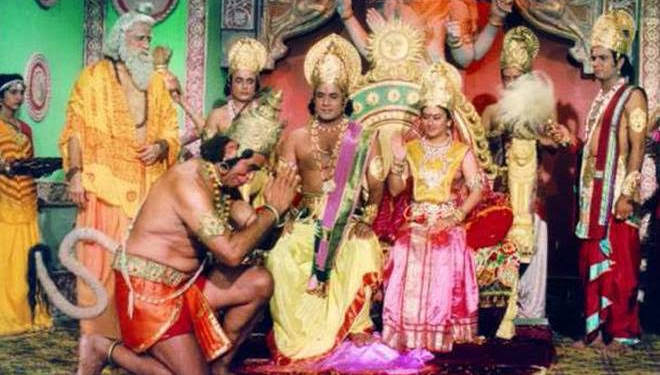Why Shri Ram didn’t destroyed the world, after Rawan abducted Devi Seeta?

Firstly, let us understand that divine incarnations like Shri Ram embody the ideal human virtues and qualities, showcasing how human life must be led in accord with Dharma (righteousness). Therefore, Shri Ram’s actions symbolize the innate cosmic law that governs the universe and propagates the importance of righteous actions, duty, and justice.
1. Respect for Freedom of Will and Karma:
In accordance with the teachings of the Bhagavad Gita, everyone has the freedom to perform actions based on their will, and they must face the consequences of those actions. As the upholder and protector of Dharma, Shri Ram respected this cosmic law and allowed Ravana to bear the fruit of his sinful deeds.
2. Role of Destiny and Vedic Astrology:
From the perspective of Vedic astrology, every individual’s life is predetermined through their past and present karmas. Shri Ram’s life, much like others’, followed a predetermined path, and Ravana’s abduction of Goddess Sita was a part of that divine plan—a plan that would eventually culminate in the triumph of good over evil, thus maintaining cosmic balance.
3. The Importance of Righteousness and Duty:
In the Bhagavad Gita, it is emphasized that one should perform their duty or dharma while adhering to righteousness. Shri Ram’s primary duty was to be an ideal king and lead by example. By meticulously planning Ravana’s defeat through forming alliances, seeking advice from sages, and leading a disciplined army, he exemplified that conflicts should be resolved through rightful and lawful means rather than impulsive destruction.
4. The Lesson of Patience, Perseverance, and Determination:
Another vital teaching from the Bhagavad Gita is to be patient, persistent, and determined in the face of challenges. Shri Ram’s journey to rescue Goddess Sita from Ravana constitutes a crucial learning for mankind. Despite the relentless adversities, Shri Ram never abandoned his faith and confidence in the virtues of truth and righteousness.
5. Compassion and Love for His Creation:
As the source of love and compassion, Shri Ram held an unwavering love for his creation—both the innocent and the sinners. Though Ravana’s heinous act deserved punishment, Shri Ram refrained from destroying the world, thereby providing an opportunity for the misguided and corrupted souls to learn from their mistakes and embrace righteousness.
In conclusion, Shri Ram’s decision not to destroy the world after Sita’s abduction highlights the importance of abiding by the divine principles of dharma, karma, and cosmic balance. His actions emphasize the need for patience, discipline, and righteousness when dealing with adversities, ultimately guiding humanity towards a path of spiritual growth and greater good.
